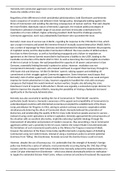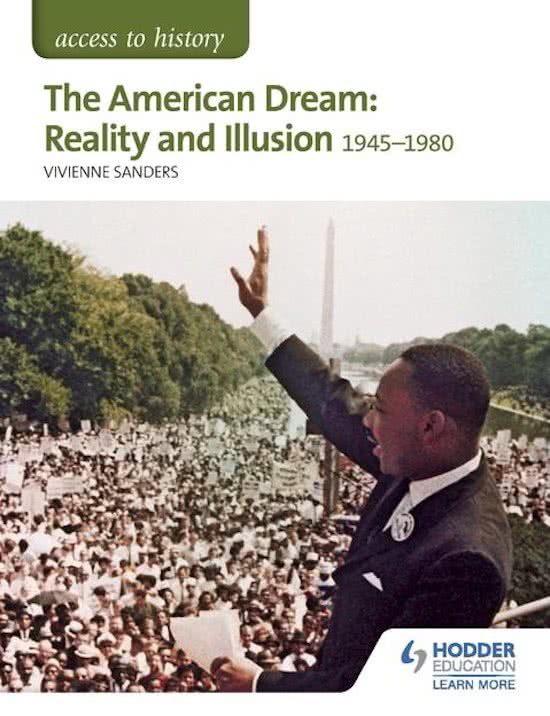Essay
Comparative Essay on Foreign Policy Approaches: Eisenhower versus Kennedy
- Institution
- AQA
This is an A* rated essay which I received full marks for in timed conditions, comparing the successes and failures of the respective foreign policies of both Eisenhower and Kennedy. The essay refers to the time period .
[Show more]





